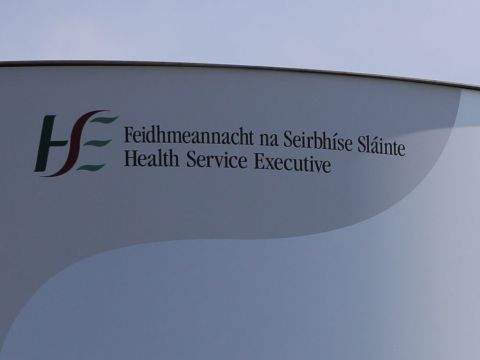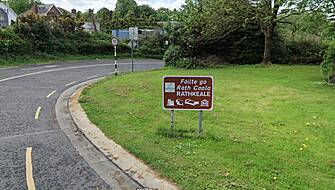The HSE has been awarded the substantial legal costs it incurred in successfully defending an action for damages alleging there was a delay to diagnosing a woman’s breast cancer.
Ms Justice Mary Rose Gearty found it would be “unfair” to make the state-funded HSE pay for defending the case when plaintiff Catriona Crumlish (41) has not shown her injuries were caused or contributed to by any error on the part of her treating doctors.
Here, the damage was “caused by cancer and not by medical negligence”, the judge said.
There was nothing in the conduct of the HSE, represented by Micheál Ó Scanaill SC and Michael Binchy BL, or in the circumstances of the case that warranted departing from the norm that the losing side must pay the other side’s legal fees, she added.
Last month, Ms Justice Gearty dismissed the personal injuries claim of Ms Crumlish, who is now cancer-free following invasive treatments. Ms Crumlish, of Moville, Co Donegal, alleged she had to undergo more extensive treatment and has a reduced life expectancy due to the defendant’s negligence.
The judge said the plaintiff did not establish there was a 15mm cancer on her breast when she attended Letterkenny University Hospital in May 2017 when she was 35 years old. It was more likely, said the judge, that the hospital radiologist’s report is accurate and that a 12mm cyst caused the lump on her breast.
In August and September 2017 Ms Crumlish found two lumps under her armpit. On October 12th, the same doctor she saw previously at the Letterkenny hospital diagnosed a fast-growing breast cancer requiring invasive surgery and radiotherapy.
Expert witness
Ms Justice Geary was sharply critical of the plaintiff’s expert witness, a consultant surgeon in Manchester, whose evidence, she said, was “affected by his cleavings to the plaintiff’s account”.
In a follow-up judgment published on Wednesday, the judge said compensation for injuries caused by negligence occurs because, “as a society, we cannot to afford to compensate all of those who are unfortunate enough to suffer serious illness”.
Where illness or injury is caused or exacerbated on the part of a medical professional, the policy is that it is unfair to visit the consequences of the fault on the innocent patients, the judge added.
In making a claim a litigant and their legal team must assess the risks of bringing their case, she said.
To make a different costs order than awarding the HSE its costs would have “potential repercussions for litigation generally” and could have “serious implications for the public purse”, as speculative litigation is more likely if the losing party might not have to pay all of the legal costs.
In this case, one of the first questions for a medical expert to ascertain should have been whether or not Ms Crumlish had a detectable cancer when she attended the hospital in May 2017, but this conclusion appears to have been “assumed, to a large extent”.
In asking the court to make each party pay its own costs for the hearing, Ms Crumlish’s legal team submitted that a key part of the HSE’s defence - its expert finding fault in the plaintiff’s logic of her tumour’s ‘doubling time’- only crystallised 21 days into the hearing.
Ms Justice Geary was unconvinced, saying the HSE’s view on the 45-day ‘doubling time’ should not have been unforeseeable to the plaintiff’s expert.
The judge paused the effects of her costs order for 28 days to give time for a potential appeal to be lodged.







